We use cookies to provide best experience. Learn more.
Is Metal Detecting Legal in the UK? A Beginner’s Guide

Is Metal Detecting Legal in the UK? A Beginner’s Guide
Metal detecting is a fascinating hobby that combines the excitement of treasure hunting with a love for history. Whether you’re hoping to unearth a Roman coin, a medieval artefact, or simply enjoy the thrill of discovery, the UK offers a unique opportunity for detectorists thanks to its rich historical landscape. However, before you dive into this exciting pastime, it’s essential to understand the legal framework and best practices to ensure your activities are both enjoyable and responsible.
This guide will walk you through the key rules, ethical considerations, and practical tips for metal detecting in the UK. We’ll also highlight some recommended metal detectors for beginners and seasoned hobbyists alike.
1. Legal Requirements for Metal Detecting in the UK
Metal detecting in the UK is governed by several laws designed to protect historical sites and ensure artefacts are preserved for public benefit. Here’s what you need to know:
•Permission is Key: You must obtain explicit permission from the landowner before detecting on private or public land. Detecting without consent is considered trespassing and could lead to prosecution.
•Scheduled Monuments and Protected Sites: Detecting on Scheduled Monuments, Sites of Special Scientific Interest (SSSIs), or National Trust land is strictly prohibited without special permits.
•Treasure Act 1996: Under this law, certain items of historical significance must be reported to a coroner within 14 days. The Portable Antiquities Scheme (PAS) provides a network to record finds, ensuring they contribute to historical research and preservation.
For a detailed breakdown of the Treasure Act and related guidelines, visit the GOV.UK Treasure Act page.
Understanding the legal requirements is crucial to metal detecting responsibly in the UK. From securing landowner permission to complying with the Treasure Act, following these laws ensures the preservation of the country’s heritage and protects you from potential legal issues.
2. Best Practices for Beginners
Starting off on the right foot is vital. By following ethical guidelines, you’ll ensure that your hobby is both rewarding and sustainable:
•Get Insured: Joining organisations like the National Council for Metal Detecting (NCMD) often provides insurance coverage for detectorists.
•Fill Your Holes: Always refill any holes you dig to preserve the landscape.
•Record Your Finds: Report your discoveries to the Portable Antiquities Scheme (finds.org.uk) for proper recording.
Following these best practices helps protect the environment, ensures you’re covered in case of accidents, and contributes to historical research. By starting with a respectful and ethical approach, newcomers can enjoy a positive and rewarding experience.
3. Choosing the Right Metal Detector
The right equipment can make a big difference in your detecting success. Here are some great options to consider:
•Minelab X-TERRA VOYAGER: Ideal for beginners, this affordable and easy-to-use detector features advanced technology for accurate finds.
•Minelab EQUINOX 900: A versatile option for seasoned detectorists, with features like waterproof capabilities and high sensitivity.
Investing in the right detector for your skill level and needs is essential to enjoying metal detecting. Whether you’re a beginner or a seasoned hobbyist, choosing a reliable, high-quality detector like Minelab’s options can significantly enhance your experience.

4. Where to Detect in the UK
The UK is home to countless detecting-friendly locations. While private land with permission is ideal, some beaches and parks allow detecting with local council permits. Ensure you always check regulations beforehand.
Summary: The UK offers diverse opportunities for metal detecting, but ensuring you have the proper permissions for each location is critical. Always research and follow local guidelines to make the most of your detecting adventures.
5. Reporting and Protecting Your Finds
The importance of responsible detecting cannot be overstated. Historical finds should always be reported to the PAS, even if they don’t qualify as treasure under the Treasure Act. This helps build a comprehensive picture of the UK’s rich archaeological history.
By reporting your finds to the Portable Antiquities Scheme, you play a vital role in preserving the UK’s history. Responsible reporting not only adds to archaeological knowledge but also ensures artefacts are properly documented for future generations.
Conclusion
Metal detecting offers an incredible opportunity to connect with history and enjoy the thrill of unearthing hidden treasures. By following legal requirements, ethical practices, and using the right equipment, you’ll not only have a fulfilling experience but also contribute to preserving Britain’s heritage for generations to come.
Whether you’re a beginner with a Minelab X-TERRA VOYAGER or a seasoned enthusiast using the advanced EQUINOX 900, the key to successful metal detecting lies in preparation, respect for the law, and a passion for discovery.
For more resources, explore thePortable Antiquities Scheme or check out the latest updates on the Treasure Act via GOV.UK.
January 21, 2025
|
View: 483
|
By: <a class="mp-info" href="https://uk.minelab.com/blog/author/minelab-metal-detector">Minelab</a>







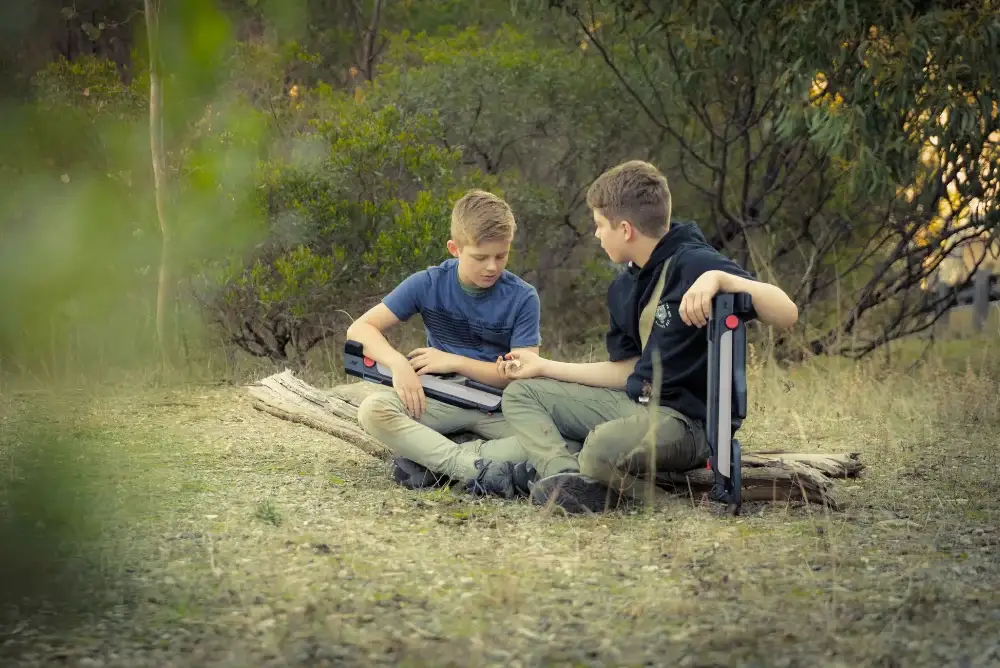
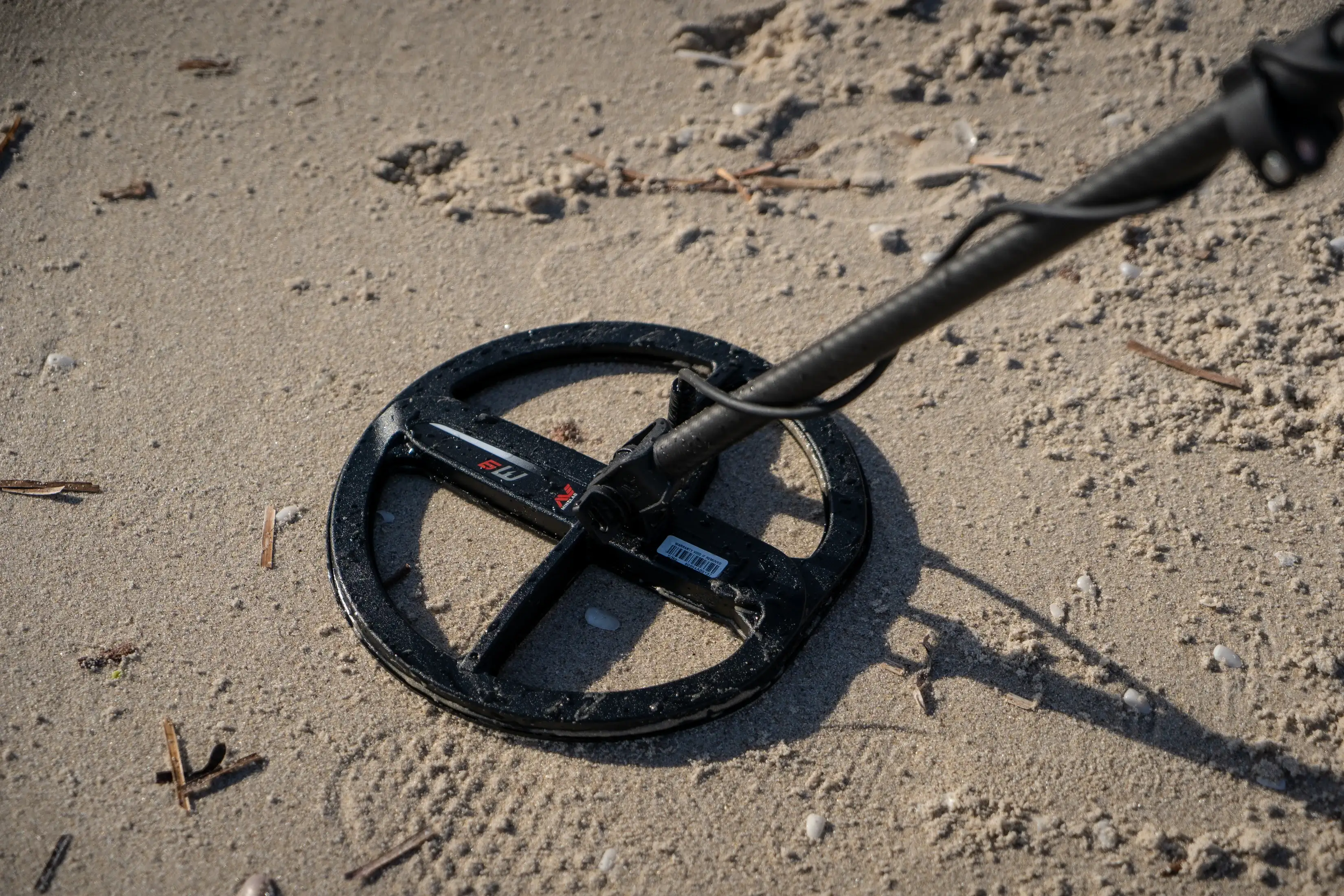
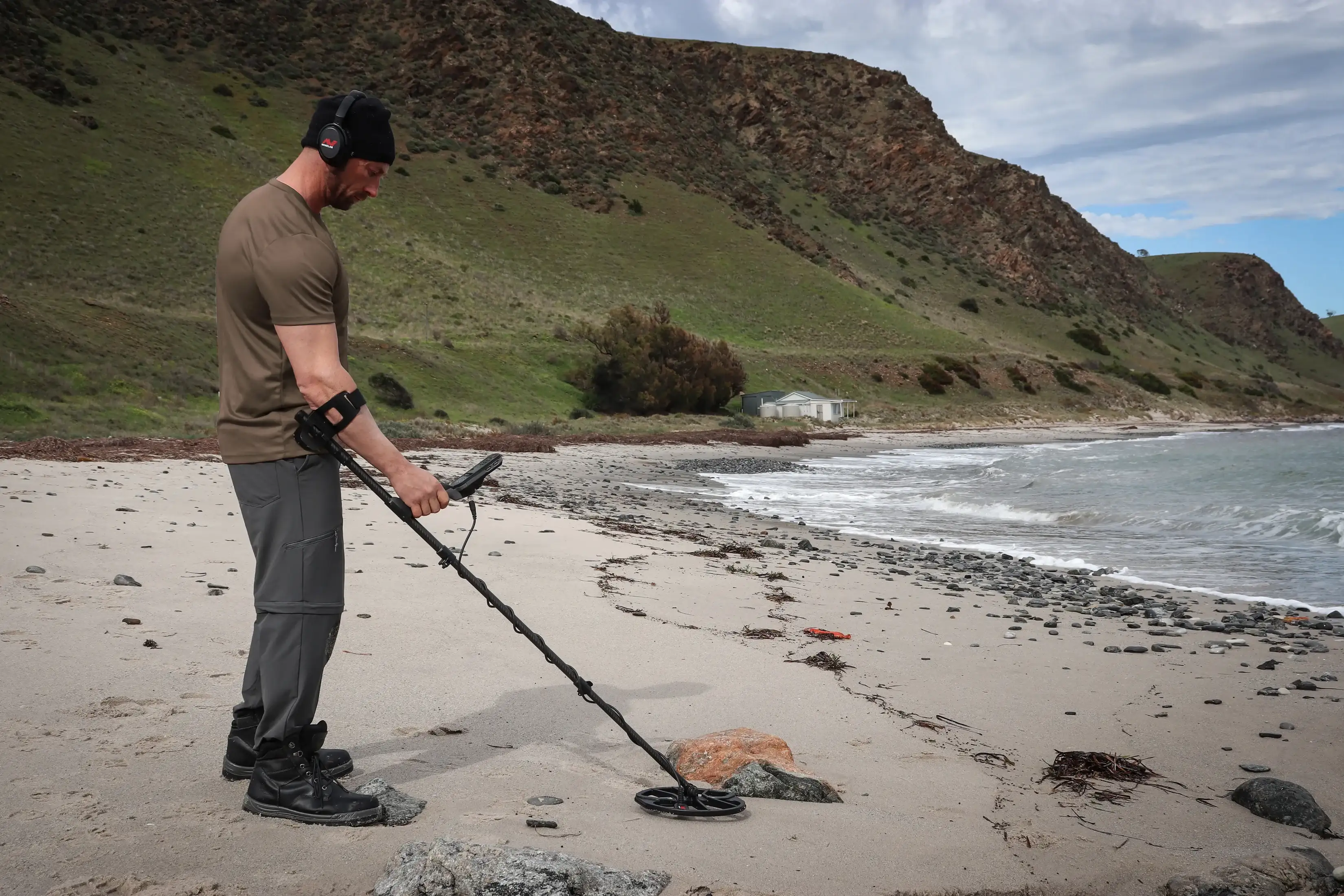
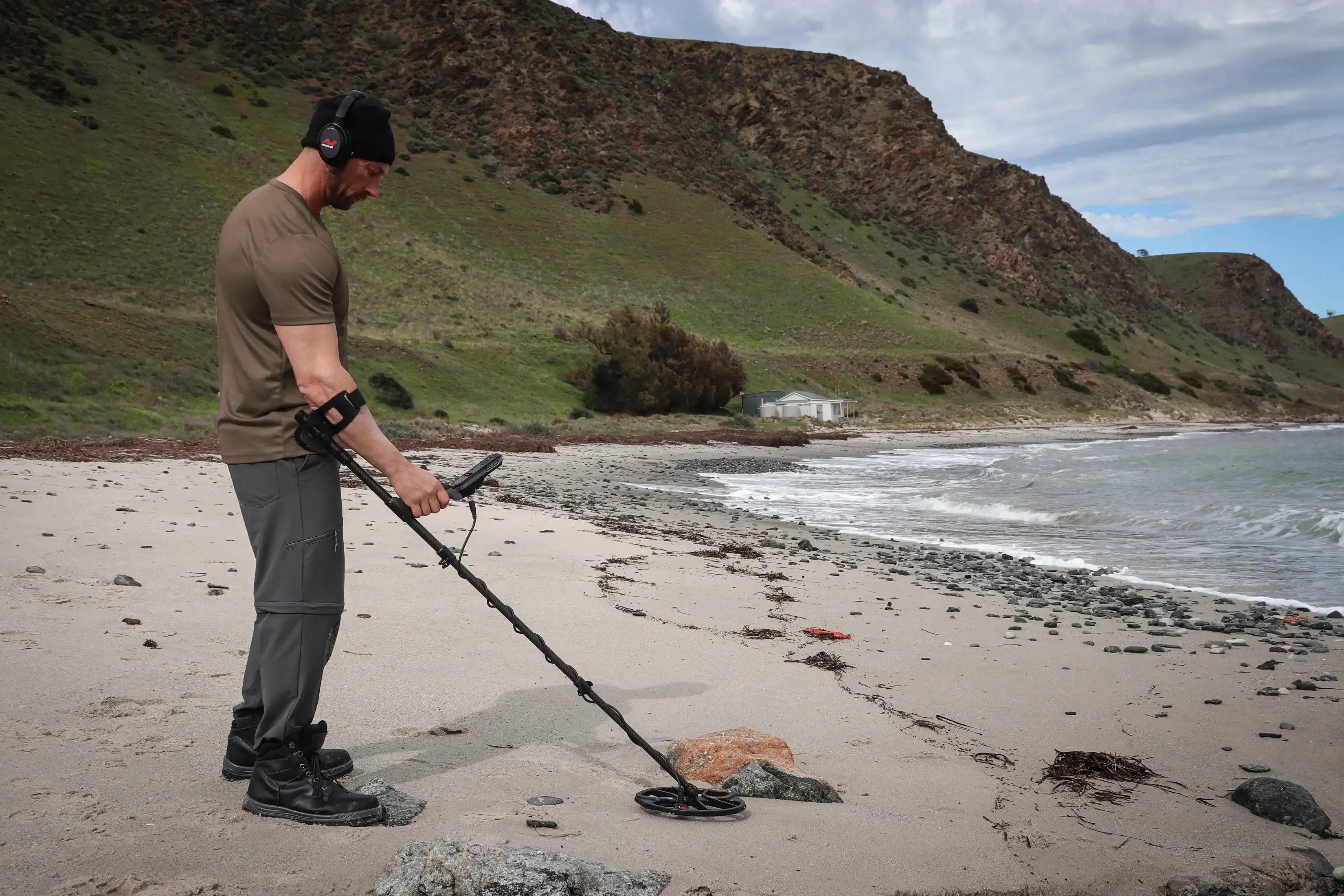
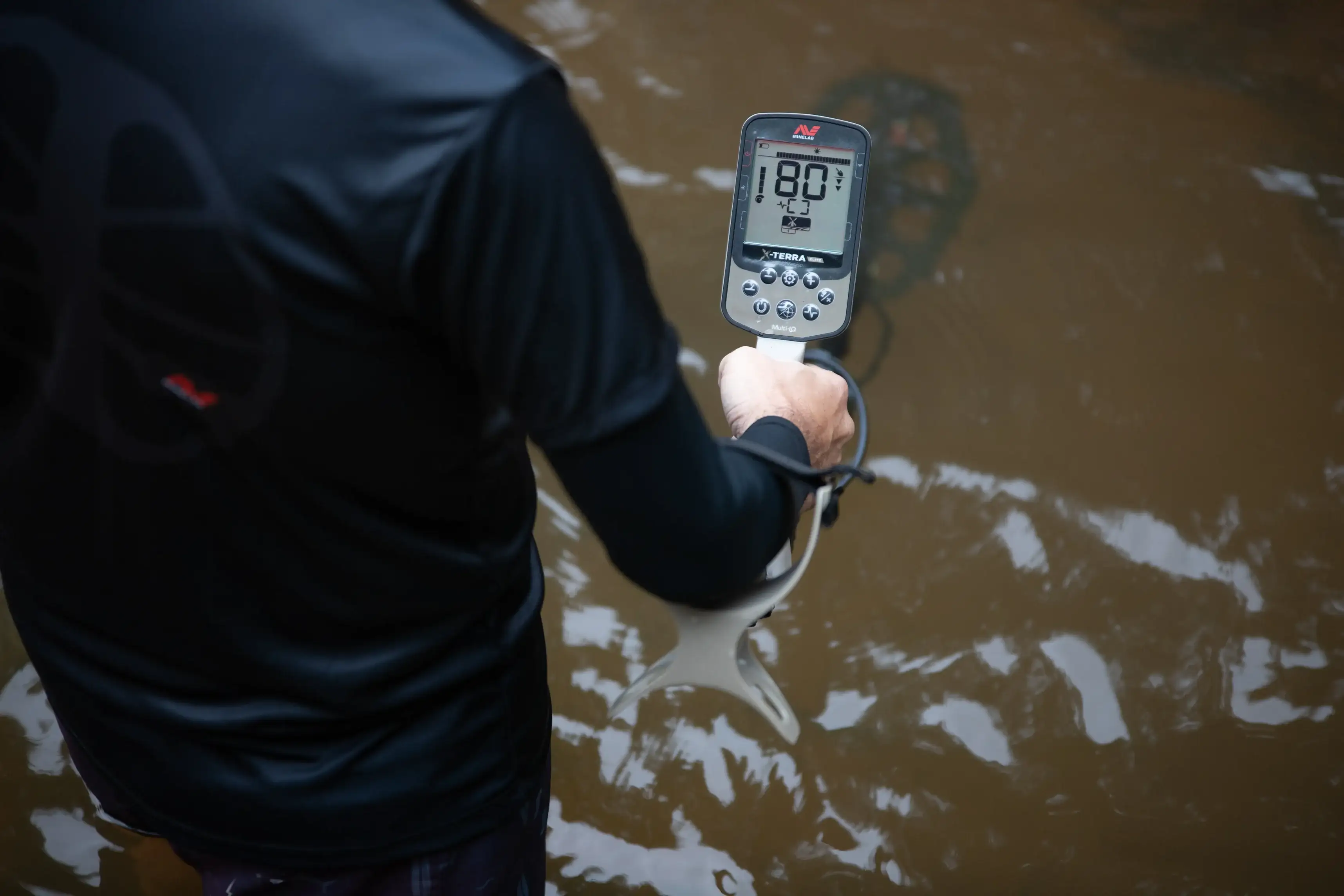
Comments